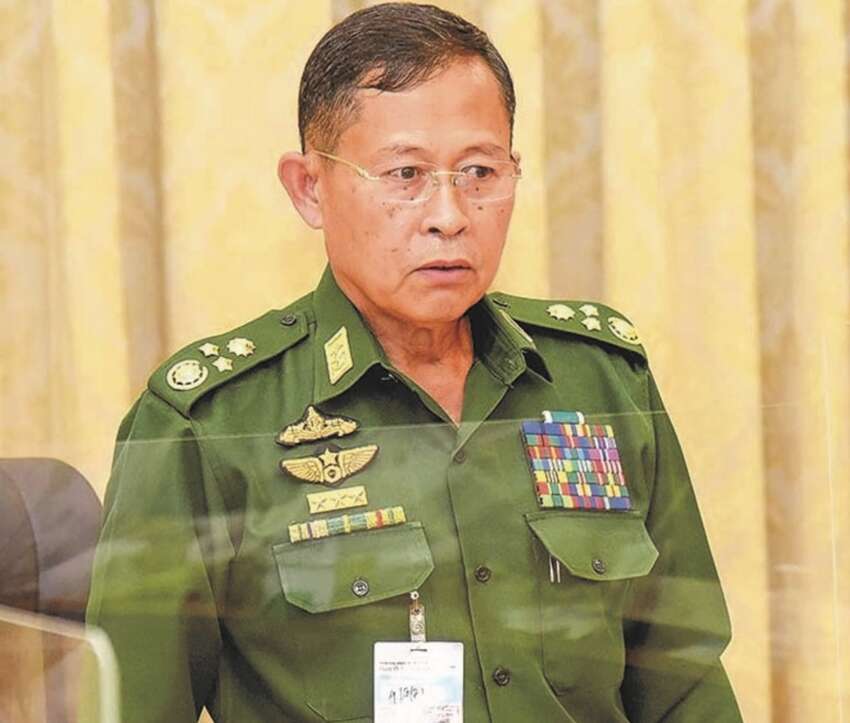
At the World Population Day 2025 ceremony held in Naypyidaw, significant demographic changes and challenges facing Myanmar since the military coup were discussed. The military council’s deputy leader Soe Win acknowledged that since the 2021 coup, violent incidents and natural disasters have had notable impacts on birth rates and mortality rates in the country.
Due to declining employment opportunities, there has been a significant increase in youth migration abroad. According to the 2024 census data, contrary to previous population growth projections, there has been no population growth over the past decade. As a result, there is a pressing need to analyze factors directly affecting population growth, including birth rates, death rates, and international migration rates in detail.
According to Myanmar’s demographic data, while the average fertility rate per woman was 4.7 children in the 1983 census, it decreased to 2.3 children in 2014, and further declined to below 2.1 children according to the 2019 interim census. In the current situation, if the fertility rate per mother falls below two children, Myanmar’s population will gradually and significantly decrease.
Particularly since the military coup, the military council has been forcibly recruiting young people aged 18 to 35 for monthly military service starting from April 2024, causing many youth to flee the country through various means to avoid conscription. These circumstances have led to a loss of human resources and have affected the country’s productive capacity. Therefore, it has been emphasized that special attention needs to be paid to managing youth migration patterns and their implications for the country’s future.



